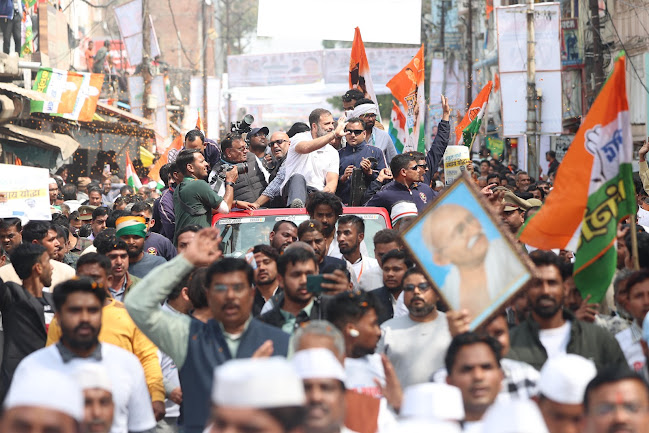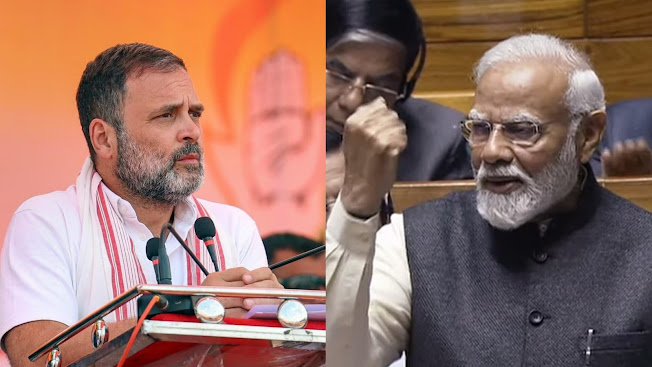Bharat Jodo Nyay Yatra: Can Rahul Gandhi Unite India Through Justice?
In the dynamic landscape of Indian politics, initiatives like the Bharat Jodo Nyay Yatra spearheaded by Rahul Gandhi emerge as pivotal moments, stirring debates and raising crucial questions about the path to national unity and social justice. Rahul Gandhi, scion of the Nehru-Gandhi dynasty and former president of the Indian National Congress, embarked on this march with the ambitious goal of fostering unity across the diverse fabric of India through the lens of justice. But amidst the cacophony of political rhetoric and societal complexities, the question arises: Can Rahul Gandhi truly unite India through justice?
The Bharat Jodo Nyay Yatra, translating to "Unite India Justice March," symbolizes an attempt to address the multifaceted challenges plaguing Indian society, ranging from economic inequalities to social injustices and regional disparities. At its core, the march aims to amplify the voices of the marginalized, advocate for their rights, and bridge the divides that fracture the national unity.
However, the journey towards national unity is fraught with obstacles, and the efficacy of such initiatives hinges on a multitude of factors. Firstly, the political landscape of India is characterized by deep-seated divisions and polarizations, with parties vying for power along ideological and regional lines. Rahul Gandhi's leadership, while influential within certain circles, faces formidable opposition and skepticism from rival political factions, which can impede efforts towards unity.
Moreover, the sheer diversity of India, encompassing myriad cultures, languages, religions, and socio-economic backgrounds, presents a formidable challenge in fostering a cohesive national identity. While justice serves as a common moral imperative, its interpretation and implementation vary vastly across different segments of society. Rahul Gandhi's ability to navigate these complexities and garner widespread support for his vision of justice-driven unity remains a subject of scrutiny.
Critics argue that initiatives like the Bharat Jodo Nyay Yatra may be perceived as mere political grandstanding, lacking substantive policy proposals or concrete action plans to address systemic injustices. Furthermore, the efficacy of top-down approaches to social change is often questioned, as grassroots movements and community-driven initiatives are deemed more sustainable and impactful in effecting lasting transformation.
Yet, amidst the skepticism and critiques, the Bharat Jodo Nyay Yatra serves as a poignant reminder of the enduring quest for justice and unity in India. Rahul Gandhi's efforts, however imperfect, reflect a commitment to amplifying the voices of the marginalized and challenging entrenched power structures. Whether this translates into tangible progress towards national unity remains to be seen, but the conversation sparked by initiatives like these is crucial in shaping the trajectory of Indian society.
In conclusion, the question of whether Rahul Gandhi can unite India through justice is complex and multifaceted. While initiatives like the Bharat Jodo Nyay Yatra signal a commitment to addressing social injustices and fostering unity, achieving such lofty goals requires more than symbolic gestures. It demands sustained engagement, inclusive dialogue, and meaningful policy interventions that transcend political rhetoric and truly empower the marginalized. Ultimately, the journey towards justice-driven unity in India is an ongoing process, shaped by the collective actions and aspirations of its diverse populace.




Comments
Post a Comment